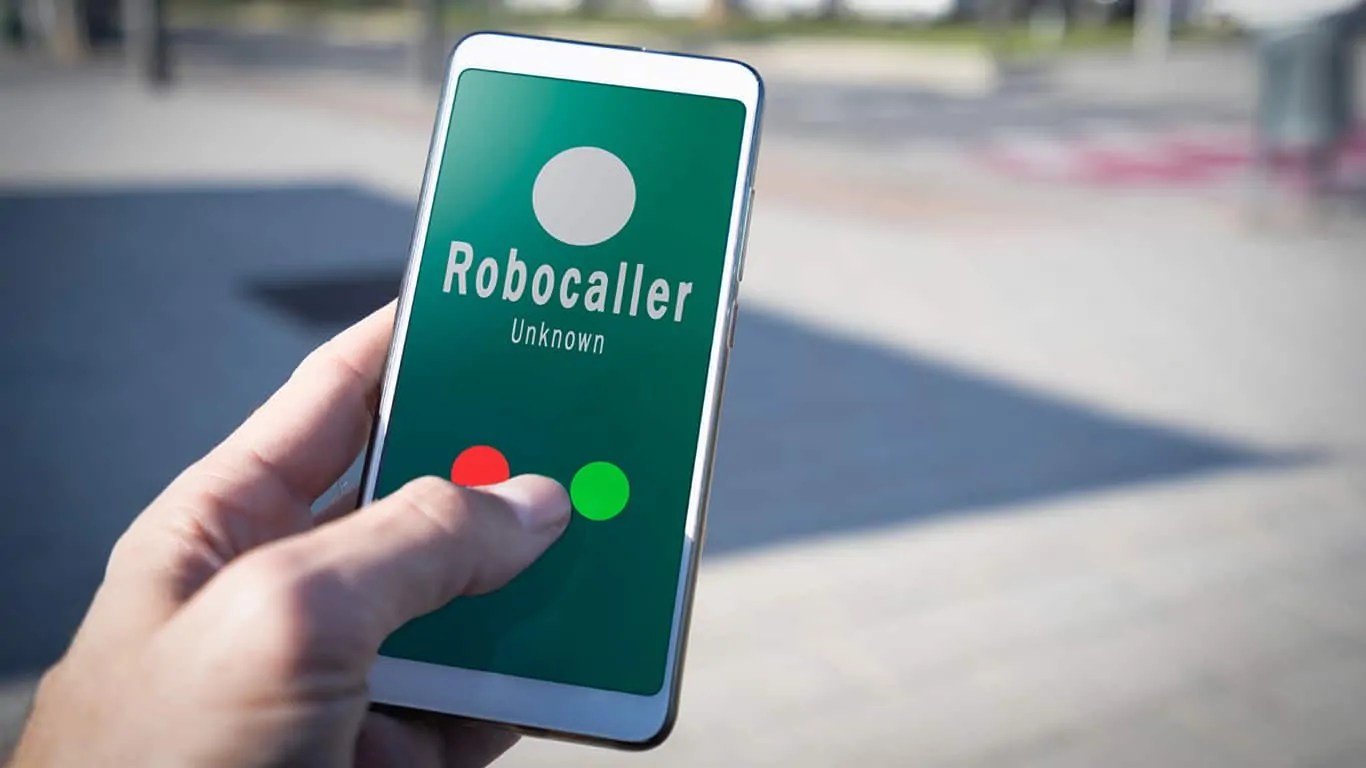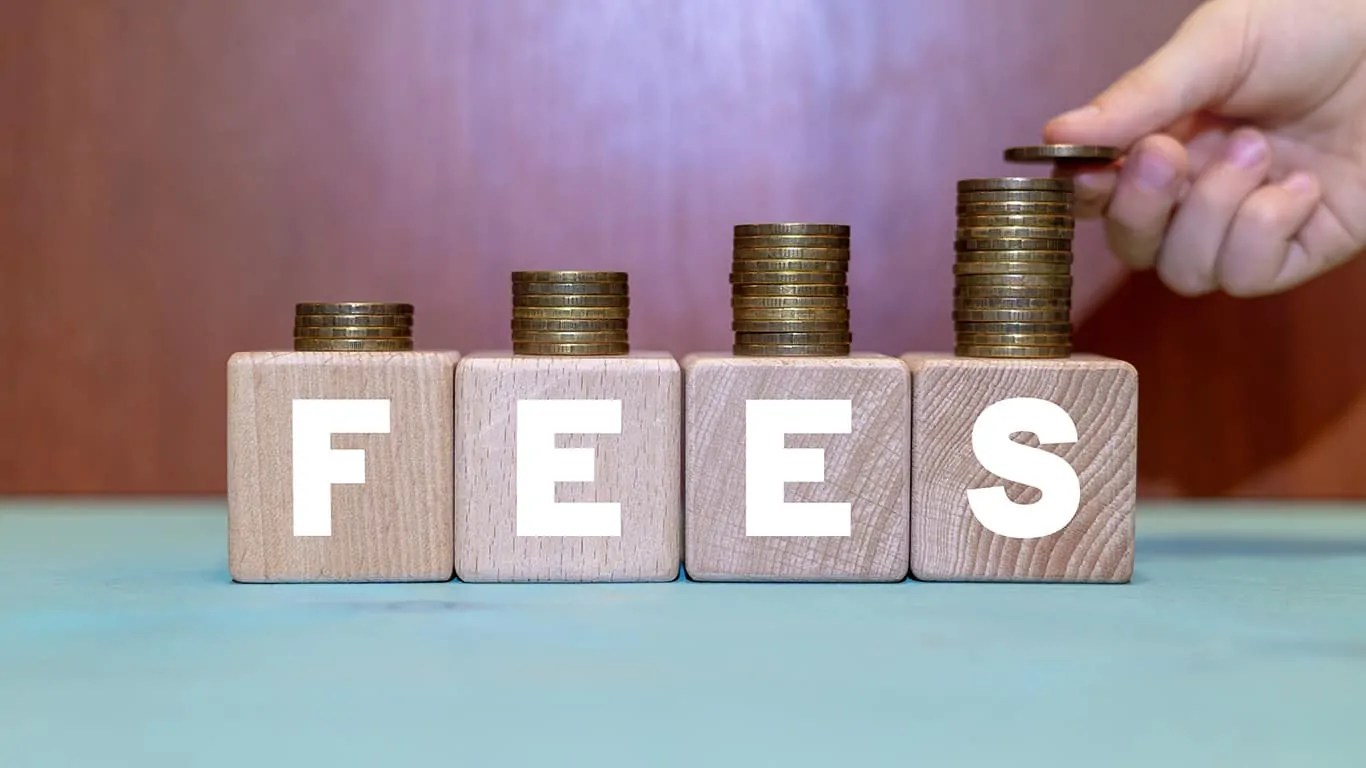When you’re behind on unsecured debts from credit cards or personal loans it can feel like you’re trapped, unable to move forward with your life. A debt settlement company can be a lifeline offering to settle your debt for less than owe. If you can’t tell the difference between a reputable company and a deceptive one, however, your money troubles can get a lot worse.
Debt settlement is a powerful tool that can help struggling consumers cut their debt by 30-50%. It’s less expensive than bankruptcy, and will cause less damage to your credit.
With all the good legitimate debt settlement companies can provide, there are shady companies using deceptive practices and advertising misleading claims. The Federal Trade Commission does crack down on the bad actors – and advises signs to look for. Below are the seven biggest red flags of a debt settlement scam and guidance on what to do if you encounter one.
1. Robocalls

If your first introduction to a debt settlement offer is an illegal robocall, a recorded message claiming a company can wipe out most or all of your debt, that’s not a company you want to call back.
According to the Federal Trade Commission (FTC), debt relief scammers tout their services illegally to consumers on the Do-Not-Call List. “These operations often charge cash-strapped consumers a large up-front fee, but then fail to help them settle or lower their debts – if they provide any service at all,” says the FTC.
2. Exaggerated promises

When a company promises to persuade creditors to settle your debt for a lower amount, that’s just big talk with nothing to back up the claim. “No one can guarantee that your creditors will forgive your debts,” according to the FTC.
A legitimate debt settlement company may negotiate to reduce a debt, but it won’t guarantee debt-reduction success.
3. Upfront fees

Charging upfront fees or an upfront lump sum to settle a debt is illegal, according to the FTC. When a company says it will start negotiating with your creditors or providing other services only after you pay a fee (or fees), that company is probably bad news.
When you encounter such a company, do yourself a favor and run the opposite direction. Then help other consumers by reporting the questionable debt settlement company to the FTC.
4. Questionable contact information

Just because a debt settlement company has a website doesn’t mean the business is legitimate. Is there an address and phone number that you can call to talk with an actual person? If not, stay away. If there is contact information, you must still be cautious.
Even if there is a number you can call, that’s no guarantee that the company is legit. To dig up more information, research online, check the FTC website, search the Better Business Bureau, and call your state attorney general office to check on complaints.
5. Nothing in writing

Don’t take the word of an agent on the phone that a company can solve your debt problems with a settlement for pennies on the dollar or a similar ridiculous claim.
A legitimate debt settlement company will put all terms and fees in writing. Even then, be careful, since the debt settlement industry has its share of disreputable companies.
6. “Government” debt relief programs

When a company promises it can access an allegedly little-known government program or acquire government funds to help you pay or settle debt for a upfront or processing fee, beware. In one such ruse, the scammer targeted churchgoers, accepting payment and then “paying” the bills electronically before canceling payment.
While there are some legitimate government sites that offer programs to help with medical bills or utilities, you don’t have to pay to receive those funds.
7. Dictate to stop communicating with creditors

When a debt settlement company says you must cut off all contact with your creditors and doesn’t disclose potential consequences such as collection actions or damage to your credit, that’s a red flag of a debt settlement scam. Before you sign up for its services, a debt settlement company must disclose possible negative consequences of stopping payments to creditors.
According to the FTC, the debt settlement company must also tell you: fees, conditions and terms of service; how long it will take to achieve results; the amount you must save in a dedicated account before the company will make an offer to each creditor on your behalf; that money in a dedicated account is yours to withdraw at any time without penalty.
Bottom line
Debt settlement isn’t for everyone. But it can save the financial lives of those who qualify, which makes it important to have a free debt analysis before signing up to pay for anything.
First find out the differences between debt management and debt settlement programs– then give us a call. Debt.com vets the companies we work with. It’s free to call and you may learn you’re better suited for a different debt solution.
Debt.com can match you with an accredited debt relief company that can help you settle your debts for less than you owe.
Free EvaluationCall To Action Link